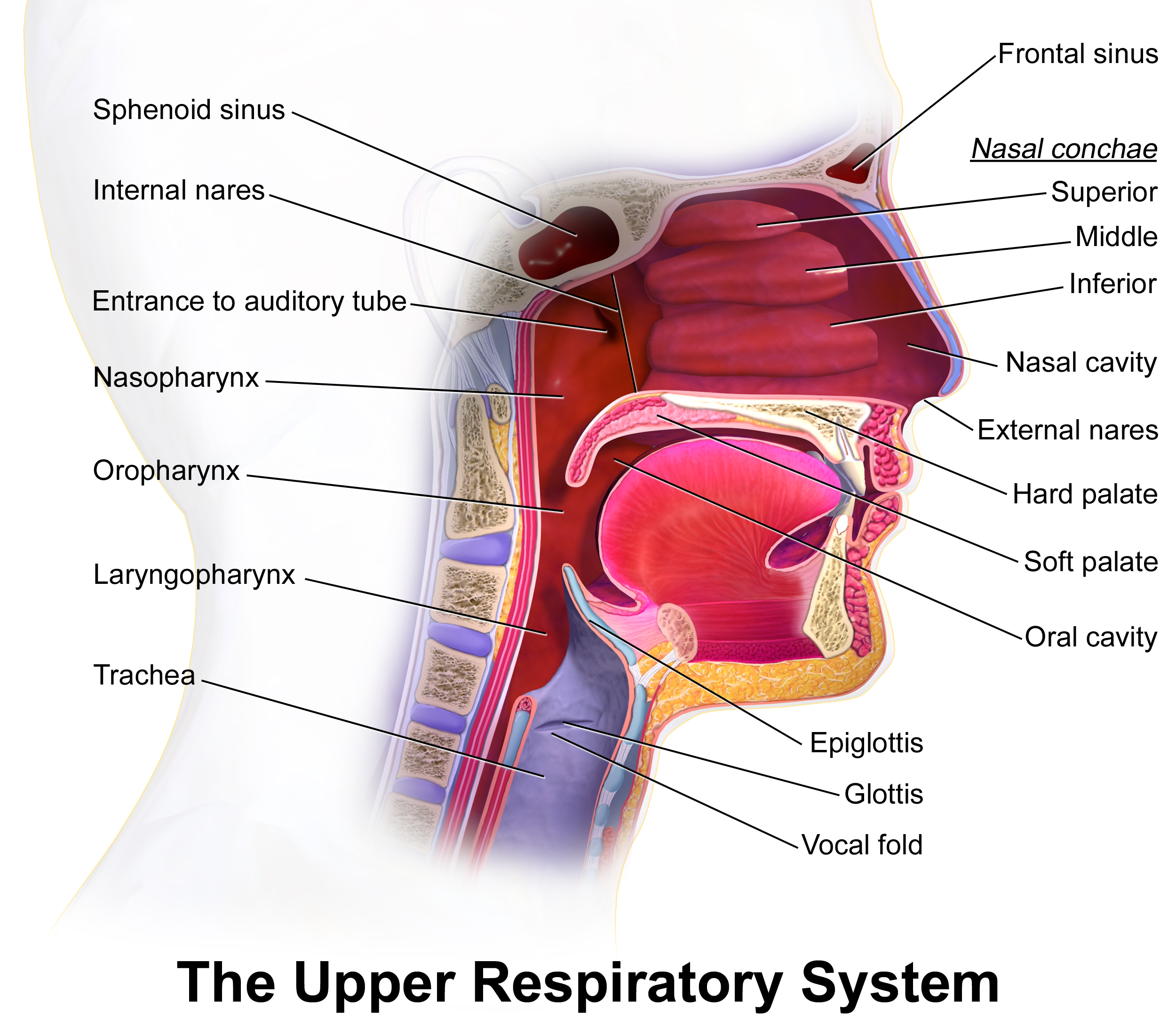Upper Respiratory Tract Infection (URTI). This refers to a group of infections that affects the nose, sinuses, throat, and large airways. Typical symptoms include a runny nose, cough, sore throat, nasal congestion, headache, and low-grade fever.
URTI is a general term for various respiratory illnesses such as acute bronchitis, the common cold, influenza, and respiratory distress syndromes, but not pneumonia. URTIs can be caused by a variety of viruses and bacteria.

URTIs and athletes
Athletes may be at an increased risk for upper respiratory tract infections during periods of intense training and for several weeks after competitions. Regular strenuous exercise can impair immune function (exercise-induced immunosuppression).
At the time of writing, scientific evidence is still inconclusive. The available data suggest that susceptibility to URTIs depends primarily on the fitness level of the athlete and not so much on the training load. Nutritional status around training and racing may also play a role.
None of the papers I read for this glossary article mentioned the importance of rest and recovery between training sessions and after competitions. From my experience as a coach, I can assure you that adequate recovery is very important to reduce the risk of URTIs.
References
Thomas M, Bomar PA. Upper Respiratory Tract Infection. [Updated 2021 Jun 30]. In: StatPearls [Internet]. Treasure Island (FL): StatPearls Publishing; 2021 Jan-. Available from: https://www.ncbi.nlm.nih.gov/books/NBK532961/
Moreira, A., Delgado, L., Moreira, P., & Haahtela, T. (2009). Does exercise increase the risk of upper respiratory tract infections?. British medical bulletin, 90, 111–131. https://doi.org/10.1093/bmb/ldp010
Image: Blausen.com staff (2014). “Medical gallery of Blausen Medical 2014”. WikiJournal of Medicine 1 (2). DOI:10.15347/wjm/2014.010. ISSN 2002-4436. – Own work, CC BY 3.0
